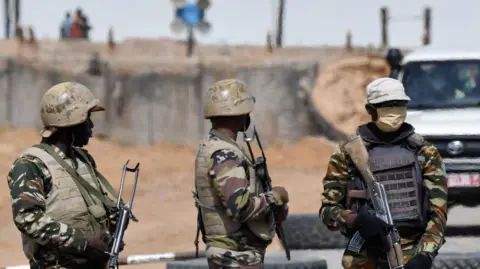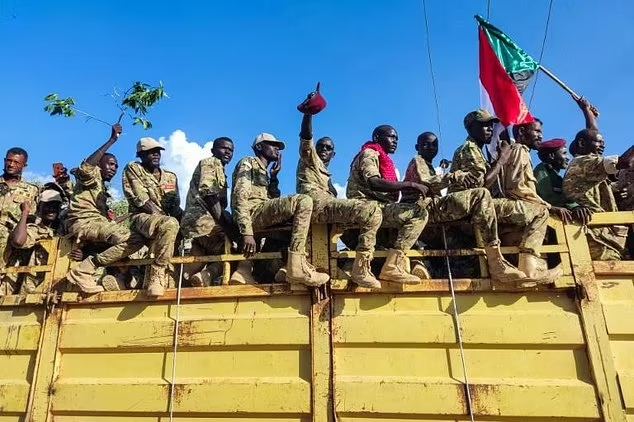On Thursday, June 19, 2025, Niger witnessed one of its deadliest militant assaults in recent memory when more than 200 jihadists on motorbikes, supported by vehicles, stormed a military base in Banibangou, a town near the volatile tri-border area with Mali and Burkina Faso. The attack left at least 34 Nigerien soldiers dead and 14 others wounded, according to the country’s defense ministry. The assailants, described by authorities as “mercenaries,” were met with fierce resistance, and Nigerien forces reportedly killed dozens of the attackers during the ensuing battle.

The Attack: Tactics and Impact
The assault began around 9 a.m., with the attackers using the cover of mobility and surprise—hallmarks of jihadist tactics in the Sahel. Over 200 motorbikes and eight vehicles allowed the militants to encircle and overwhelm the base rapidly. The defense ministry’s statement, broadcast on state television, called the incident a “cowardly barbaric attack,” and confirmed that search operations, both aerial and ground-based, were underway to track down any remaining militants in the Banibangou area.
The scale and coordination of the attack underscore the persistent threat posed by jihadist groups operating in the region. These groups, some affiliated with al-Qaeda and the Islamic State, have exploited the vast, lightly governed spaces of the Sahel to launch cross-border raids, ambushes, and attacks on both military and civilian targets.
Strategic Significance of Banibangou
Banibangou’s location is particularly significant. The town sits near the intersection of Niger, Mali, and Burkina Faso—a region long plagued by instability, porous borders, and the presence of multiple extremist factions. This tri-border area has become a hotbed for jihadist activity, with militants moving fluidly across national boundaries to evade security forces and launch attacks.
The region’s instability has only deepened in recent years, as military coups in Niger, Mali, and Burkina Faso have led to the expulsion of French and other Western forces, who previously played a crucial role in counterterrorism operations. In their place, the ruling juntas have sought security partnerships with Russia and Turkey, but the violence has continued unabated.
A Broader Sahel Crisis
The Banibangou attack is emblematic of the broader crisis gripping the Sahel. For over a decade, Niger and its neighbors have battled a jihadist insurgency that has claimed thousands of lives and displaced millions. The security situation has deteriorated markedly since the military takeovers in the region, with analysts noting record numbers of attacks and civilian casualties.
The three countries—Niger, Mali, and Burkina Faso—have responded by forming the Alliance of Sahel States, a new security coalition aimed at confronting the jihadist threat collectively and reducing reliance on Western powers. However, this shift has yet to yield tangible improvements in security, and the frequency and intensity of attacks continue to rise.
Political and Social Repercussions
The Nigerien military leadership is under increasing scrutiny for its inability to stem the tide of militant violence—an issue that contributed to the ousting of the democratically elected president Mohamed Bazoum in 2023. The latest attack is likely to fuel further public frustration and raise questions about the junta’s strategy and alliances.
Meanwhile, the human toll of the conflict continues to mount. The deaths of 34 soldiers in a single attack represent a significant blow to Niger’s armed forces, which are already stretched thin by the demands of counterinsurgency operations across a vast and challenging terrain.
Conclusion
The Banibangou army base by over 200 jihadists on motorbikes
The storming of t is a stark reminder of the escalating security crisis in the Sahel. As Niger and its neighbors grapple with persistent insurgency, shifting international alliances, and internal political upheaval, the prospects for stability remain uncertain. The attack highlights the urgent need for a coordinated and effective response to the jihadist threat—one that addresses not only military challenges but also the underlying drivers of extremism in the region.

